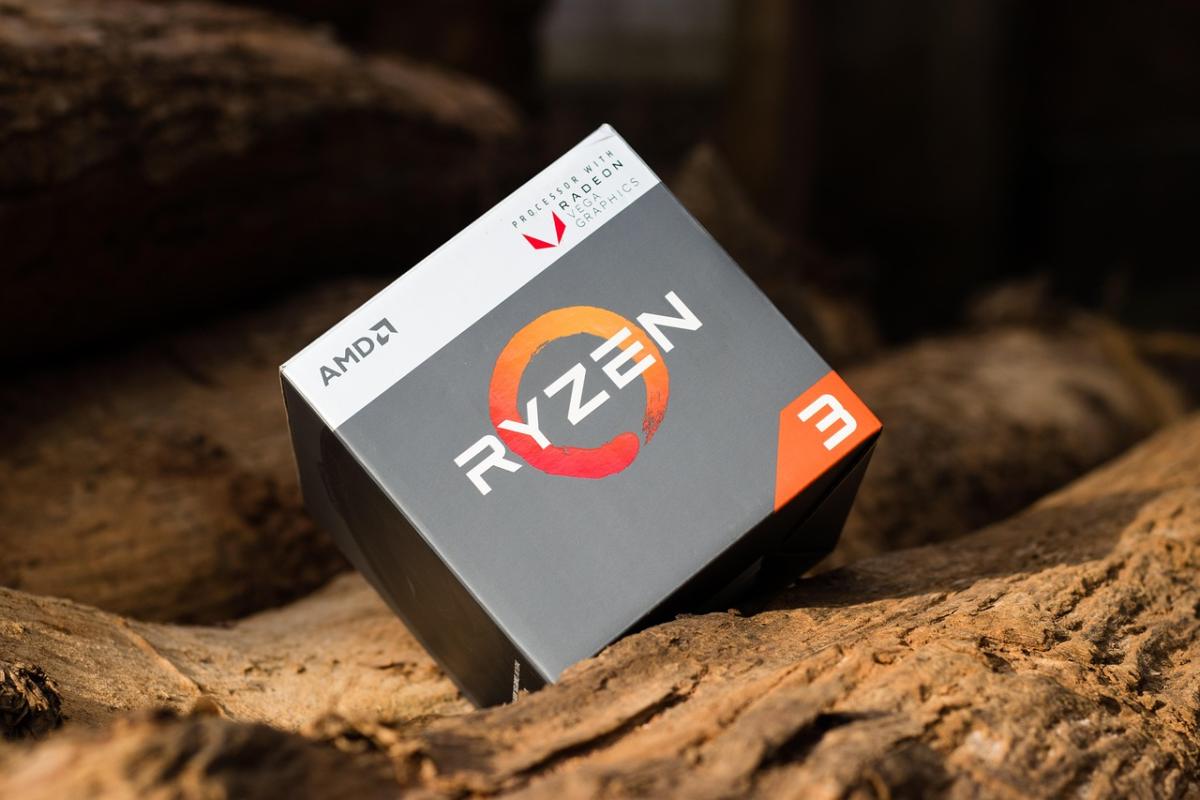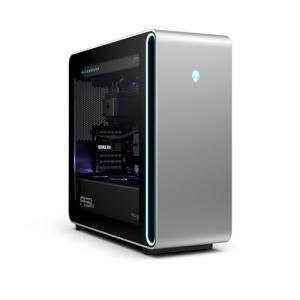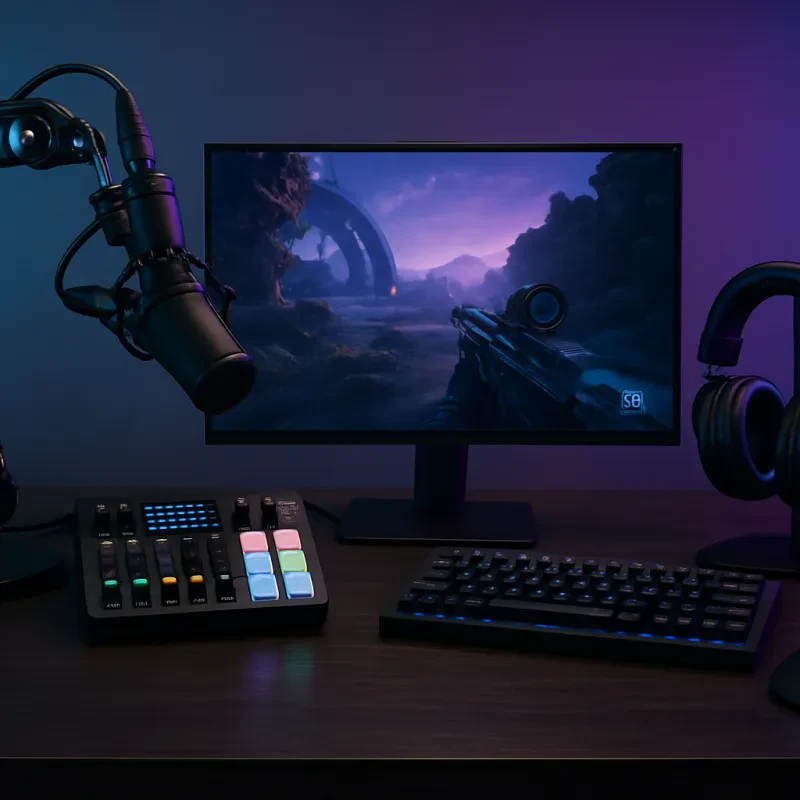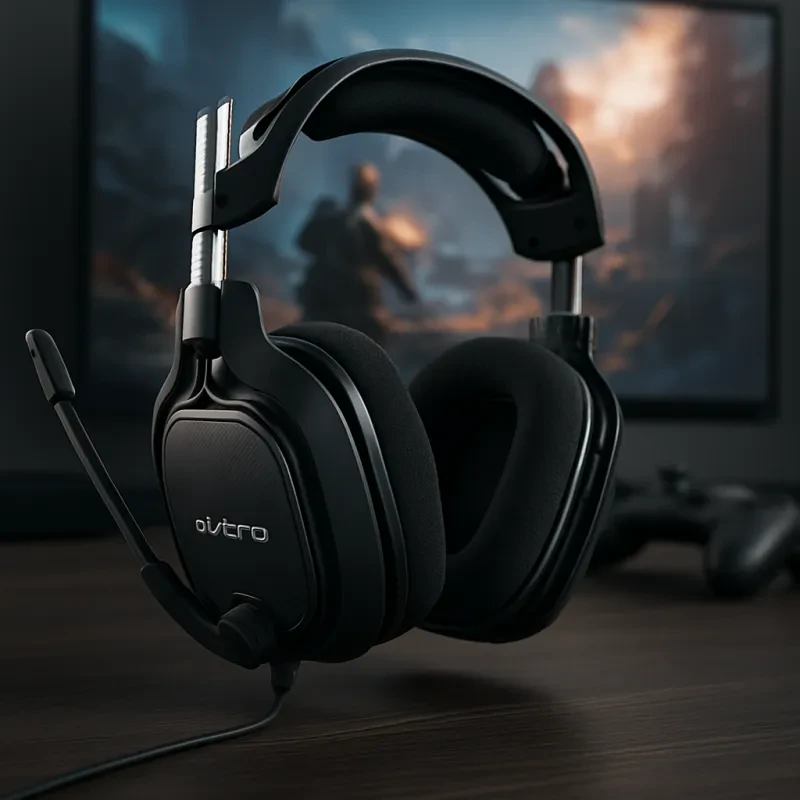When it comes to building the ultimate gaming PC, one of the most crucial components you’ll need to choose is the processor (CPU). After all, the processor is the brain of your system, and it can directly impact your gaming performance, whether you're exploring massive open worlds, engaging in competitive esports, or enjoying immersive single-player experiences.
Two major contenders dominate the gaming CPU market: Intel and AMD. For years, Intel has been the industry leader, but AMD has been closing the gap with its powerful Ryzen processors, making this a tough choice for gamers. So, the question is: Which processor is better for video gaming—Intel or AMD?
Let’s break it down and look at the strengths and weaknesses of each so you can make the best choice for your gaming setup.
🏎️ Intel Processors: Power and Performance for Gamers
Intel has long been a favorite among gamers, especially for those who value high-performance single-core processing. Many games, particularly older titles or those with less demanding graphics, tend to rely on single-core performance rather than multi-core performance. In these cases, Intel CPUs often shine.
Key Intel Features for Gaming:
-
Single-Core Performance: Intel’s processors, particularly their Core i5 and Core i7 chips, offer strong single-core performance, which is crucial for many games that don’t fully utilize multiple cores. Higher clock speeds and turbo boost technology allow Intel processors to excel in games that require fast processing speeds.
-
Intel Core i5/i7/i9 Series: Intel's Core i5 is often seen as the sweet spot for gamers, delivering excellent performance without breaking the bank. The Core i7 and i9 processors are great for more demanding tasks, like 4K gaming, streaming, and video editing in addition to gaming.
-
Hyper-Threading: Intel’s Hyper-Threading technology allows each physical core to run two threads, which can improve multi-tasking and overall performance in certain games and applications.
-
Integrated Graphics (iGPUs): Intel’s Core processors often come with integrated Intel UHD Graphics (or Iris Xe in the newer models), which means you don’t need a dedicated graphics card for entry-level gaming. While it won’t match a high-end discrete GPU, it’s a decent option for casual or indie gaming.
Pros of Intel for Gaming:
-
Best for High FPS in Certain Games: Intel is often the preferred choice for gamers who prioritize extremely high frame rates, particularly in fast-paced, competitive games like Counter-Strike, Fortnite, and Call of Duty.
-
Solid Compatibility: Intel processors are compatible with a wide range of motherboards and feature plenty of overclocking options in the higher-end models.
-
Stability and Reliability: Intel is known for creating chips with a history of stability, making them a solid choice for gamers who want a “set it and forget it” processor.
Cons of Intel for Gaming:
-
Price: Intel processors, particularly the Core i7 and Core i9, can be more expensive than comparable AMD chips.
-
Less Multi-Core Performance: While Intel shines in single-core tasks, AMD has made significant strides in multi-core performance, especially in newer Ryzen models.
🔥 AMD Processors: Rising Stars for Multi-Core Gaming Performance
Over the past few years, AMD has made tremendous progress with its Ryzen line of processors, becoming a serious competitor to Intel. Ryzen chips excel at multi-core processing, which makes them an excellent choice for modern games that take advantage of multiple threads. AMD has also gained a reputation for offering exceptional performance at competitive prices.
Key AMD Features for Gaming:
-
Multi-Core Performance: AMD Ryzen processors, especially the Ryzen 5 and Ryzen 7 chips, offer outstanding multi-core performance, which is great for multitasking, modern games, and even streaming while gaming. Many newer AAA games are optimized to use multiple cores, so AMD shines in those scenarios.
-
Ryzen 5/Ryzen 7/Ryzen 9 Series: AMD’s Ryzen 5 and Ryzen 7 processors are some of the best in the mid-range, offering excellent value for money. For hardcore gamers, the Ryzen 9 processors deliver top-tier performance with up to 16 cores and 32 threads.
-
AMD Precision Boost & Overclocking: AMD processors come with Precision Boost, which automatically overclocks the CPU to its maximum potential based on workload. Plus, AMD chips are generally more affordable for the performance they offer.
-
Integrated Graphics (APUs): AMD offers APUs (Accelerated Processing Units) like the Ryzen 5 3400G, which combine a CPU and GPU on a single chip, allowing for decent gaming performance without a discrete graphics card. While not suitable for high-end gaming, they’re great for casual gamers or those on a tight budget.
Pros of AMD for Gaming:
-
More Cores for the Price: AMD offers more cores for the same price (or lower) than Intel, especially with its Ryzen processors. This makes them great for gaming and multitasking (streaming, recording, etc.) without bottlenecking performance.
-
Better Multi-Threaded Gaming: Many modern games are optimized to take advantage of multiple threads, which gives AMD an edge in newer titles that utilize all available cores.
-
Great Value: AMD provides excellent performance at a more accessible price point, making Ryzen chips great for gamers who want strong gaming performance without spending as much on an Intel processor.
-
Strong Future-Proofing: AMD’s AM4 socket has been around for several years, meaning if you invest in an AMD Ryzen processor, you'll likely be able to upgrade to newer chips without needing a new motherboard.
Cons of AMD for Gaming:
-
Single-Core Performance Gap (Historically): While AMD has significantly closed the gap, Intel still often outperforms AMD in single-core tasks, which can matter in games that rely on high clock speeds, particularly competitive esports titles.
-
Higher Power Consumption (in some models): High-end AMD chips, particularly those with a lot of cores, can consume more power than Intel’s more efficient models, which might require more cooling or affect energy efficiency.
🏆 Which is Better for Gaming? Intel or AMD?
Choosing between Intel and AMD for gaming comes down to what you prioritize in your gaming experience.
1. For Competitive Gaming (FPS, Esports, High Frame Rates):
-
Intel has historically been the go-to option for gamers who prioritize ultra-high frame rates and the best single-core performance. Games like Counter-Strike, Overwatch, and Fortnite are examples where high clock speeds and faster single-core performance make a noticeable difference.
-
Winner: Intel (especially if you’re focused on competitive, fast-paced gaming at 144Hz+ or 240Hz).
2. For Multi-Tasking (Streaming, Gaming, Content Creation):
-
If you plan to stream while gaming or engage in content creation like video editing, AMD might be the better choice due to its superior multi-core performance. AMD’s Ryzen processors, especially the Ryzen 7 and Ryzen 9 series, handle heavy multitasking effortlessly, making them great for gamers who want to run games and streams or productivity apps simultaneously.
-
Winner: AMD (more cores and threads for multitasking).
3. For Budget Gaming Builds:
-
AMD offers excellent performance at a lower price point. If you're building a budget gaming PC, you’re likely to get better performance from an AMD chip at the same price as a comparable Intel chip, particularly with the Ryzen 5 series.
-
Winner: AMD (better price-to-performance ratio for budget builds).
4. For Long-Term Value (Future-Proofing):
-
AMD’s Ryzen chips are known for being future-proof thanks to their longevity on the AM4 socket, meaning you can upgrade your processor without swapping out the motherboard. Intel, on the other hand, tends to release new sockets more frequently, which may require more frequent motherboard upgrades.
-
Winner: AMD (better upgrade path).
💡 Conclusion: Intel or AMD for Gaming?
Both Intel and AMD offer great processors for gaming, but which one is best for you depends on your gaming style and what you value most in performance.
-
Intel is still the choice if you want the best single-core performance and are focused on competitive gaming at ultra-high frame rates.
-
AMD provides a better balance of multi-core performance, value for money, and future-proofing, making it the go-to for streamers, content creators, and budget-conscious gamers.
At the end of the day, both brands will deliver excellent gaming experiences—so it’s all about finding the right balance for your specific needs. Whether you’re building your dream PC or upgrading an existing one, both Intel and AMD have powerful processors to fuel your gaming adventures.
Alienware Area-51 Gaming Desktop – Intel Core Ultra 9 Series 2, Nvidia GeForce RTX 5080, 32GB RAM, 2TB SSD, Liquid-Cooled CPU, Windows 11 Home, AlienFX – Lunar Silver
Product information
$5,283.84
Product Review Score
4.53 out of 5 stars
198 reviews



